I was never Rudolf Nureyev’s greatest fan. I must have seen him dance 30 or 40 times, starting with a Bayadère in the mid-1960s, and while his sheer presence remained so potent that he was always exciting to witness, I became increasingly aware of how fiercely willed his dancing was – a struggle with or against his own body, almost self-punishing (he believed that he performed at his best when he was totally exhausted).
Already a subscriber? Log in
Subscribe for just $2 a week
Try a month of The Spectator Australia absolutely free and without commitment. Not only that but – if you choose to continue – you’ll pay just $2 a week for your first year.
- Unlimited access to spectator.com.au and app
- The weekly edition on the Spectator Australia app
- Spectator podcasts and newsletters
- Full access to spectator.co.uk
Or
Unlock this article
You might disagree with half of it, but you’ll enjoy reading all of it. Try your first month for free, then just $2 a week for the remainder of your first year.

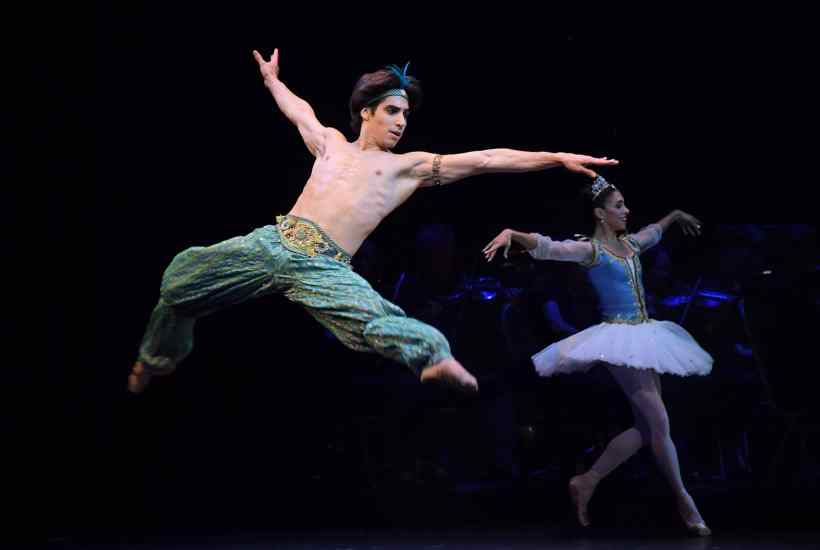
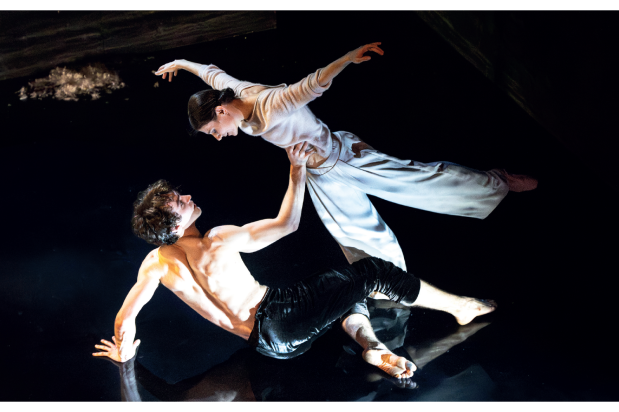
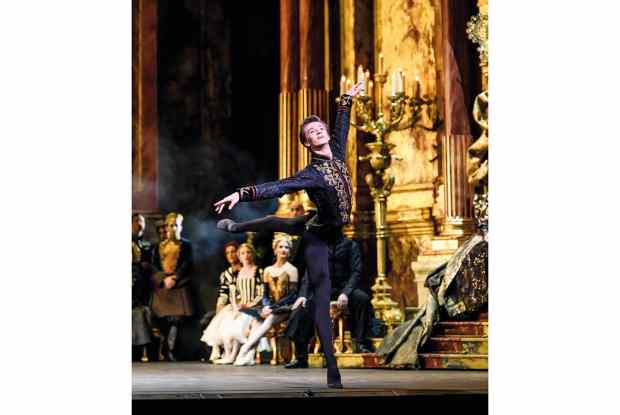
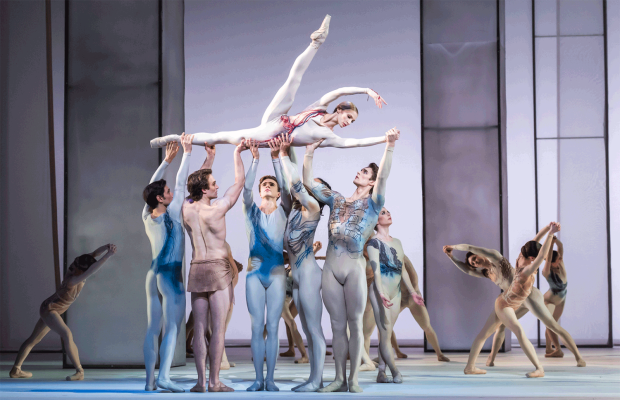
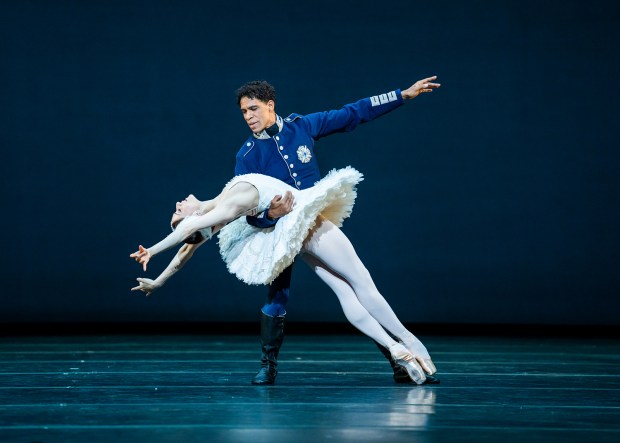
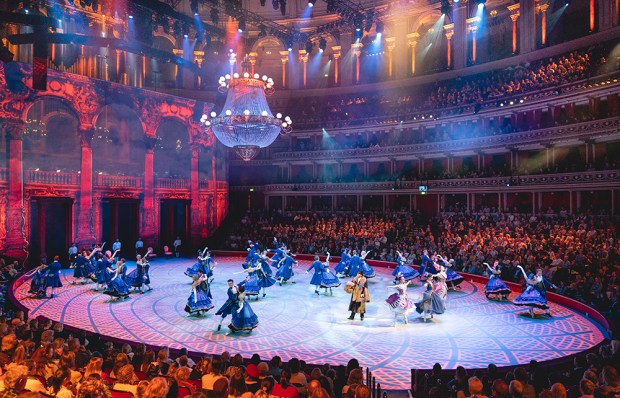
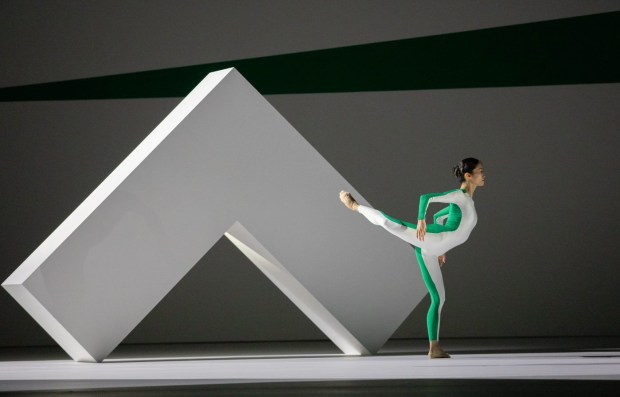






Comments
Don't miss out
Join the conversation with other Spectator Australia readers. Subscribe to leave a comment.
SUBSCRIBEAlready a subscriber? Log in